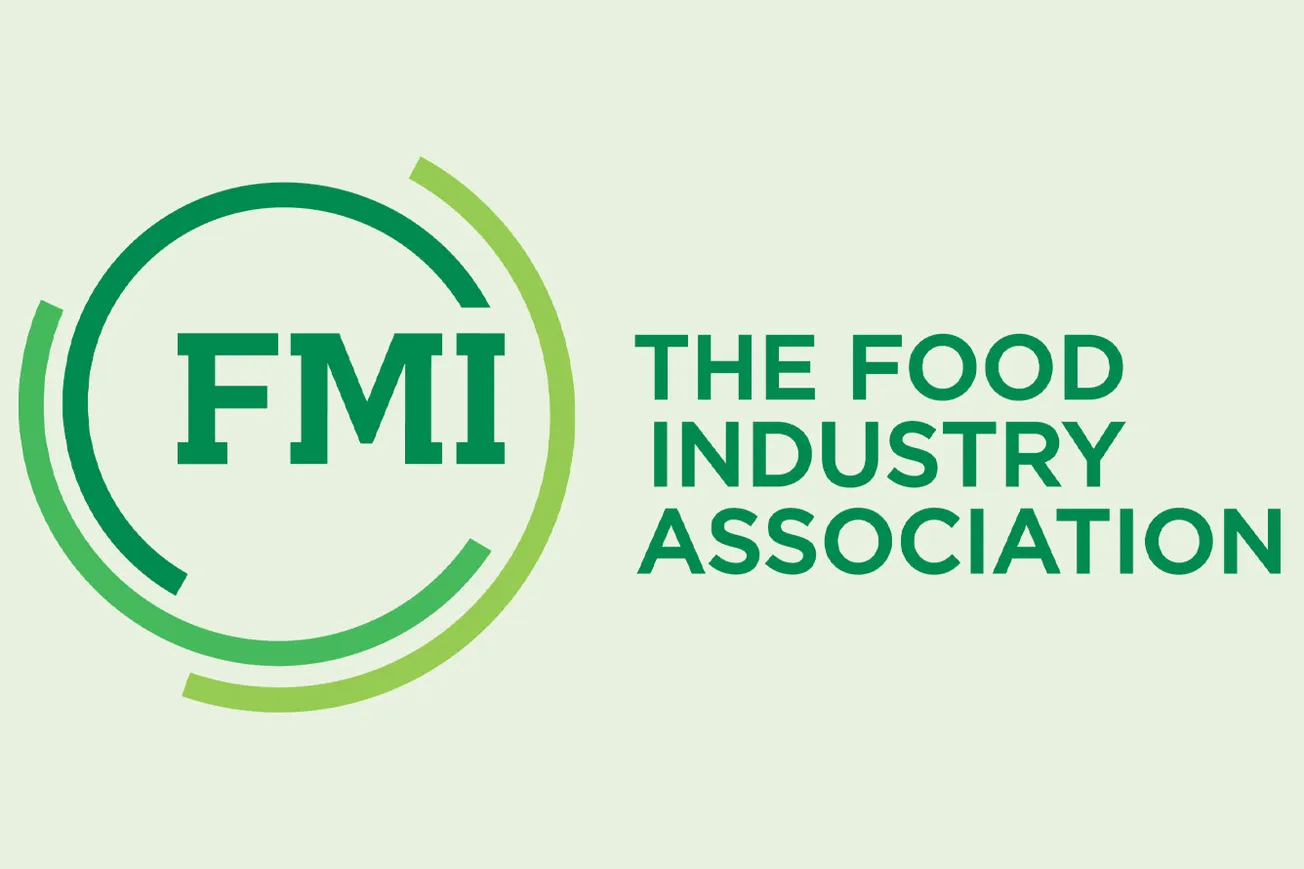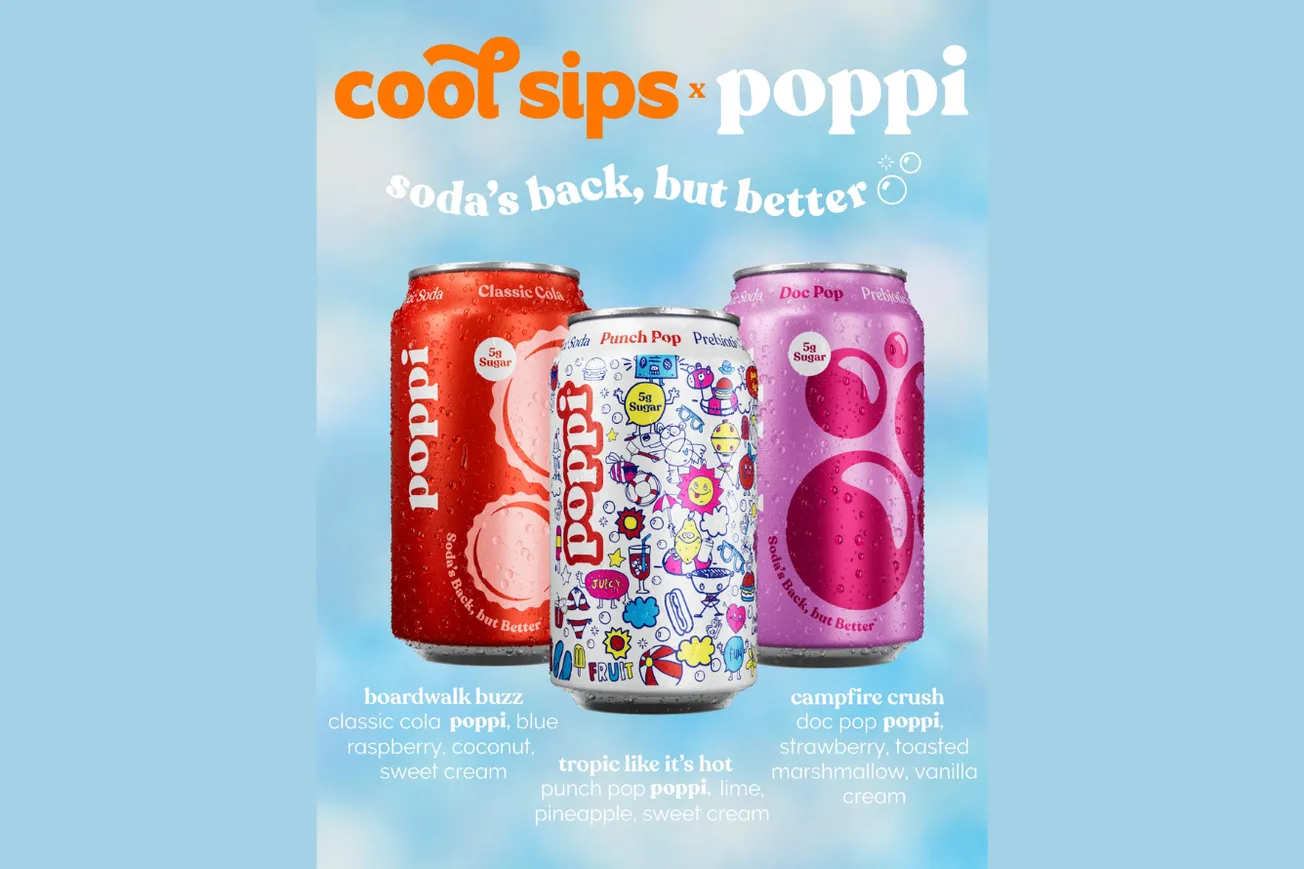NEW YORK — U.S. consumer confidence has tumbled in recent weeks as the coronavirus impact has taken a bigger toll on the economy.
Nearly three in five consumers expect the COVID-19 pandemic will last more than three months, according to an analysis by IRI. Consumers are exhibiting “recession-like sentiment,” said the market research firm, which expects “recession-like purchasing behavior” to soon follow.
Sales data reflect coronavirus-related changes in consumer behavior. With bars and restaurants either closed or offering only take-out service, purchases of beer, wine and spirits have spiked over the past month, IRI said.
Shoppers have shifted to both larger and value packages, but premium products continued to do well. “Categories across the store saw dramatic sales dips, such as soup (-45%), laundry detergent (-44%) and frozen dinners and entrées (-39%). However, more than half of consumers report purchasing more private label products to save money,” IRI said.
Predictably, online shopping has spiked of late.
A report from Acosta finds that 28% of online grocery shoppers in March were placing their first-ever digital grocery orders. Digital veterans reported buying more frequently in recent weeks, Acosta said, with 36% ordering groceries for curbside pickup.
Conversely, consumers who were shopping in grocery stores were buying less frequently, according to Acosta’s latest trends report. Among those who shopped at a mass merchandiser in March, 47% reported making fewer trips.
About half of U.S. shoppers said they made an additional stock-up grocery trip, and 88% encountered out-of-stocks. Half of those shoppers found a substitute for half or more of the unavailable items.
Online shopping data from Nielsen for the week ended April 4 suggests that food purchases increased 80% on a dollar basis from the same period a year earlier. The meat, frozen and dairy departments notched the biggest sales gains. Spiral ham sales increased 424% from a year earlier.
Online sales of consumer packaged goods were up nearly 42% year on year. Digital sales of household items such as cleaning supplies and paper products were up 50% from a year earlier, while sales of health and beauty items increased 22%. Pet care products were up nearly 5% on a dollar basis; sales of baby care products declined nearly 6%.





